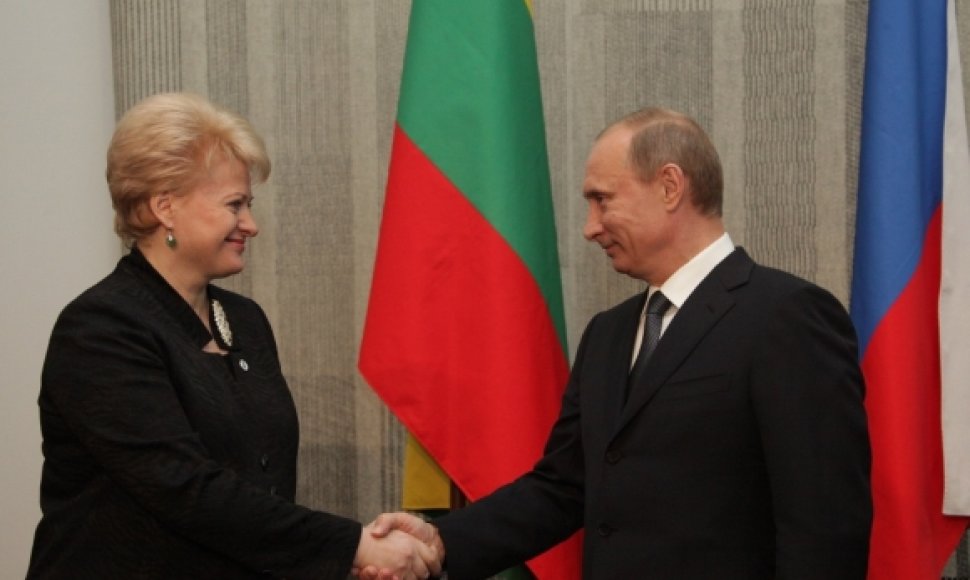"We believe that relations between Russia and the Baltic states hold a promising opportunity. Success will not come easily, but the recent Polish-Russian experience provides useful lessons," the Euro-Atlantic Security Initiative said in its report.
The forum was established in 2009 by the Carnegie Endowment for International Peace and is currently managed by Wolfgang Ischinger, German diplomat and Chairman of the Munich Security Conference, Igor Ivanov, former Russian Foreign Affairs Minister, and Sam Nunn, former United States Senator.
In the report that was published this month, the experts say that "the leaders of the Baltic states and Russia should intensify efforts to address the issues that continue to divide them and their societies."
Authors of the report believe that a process of historical reconciliation "will be essential to establishing a new and effective Euro-Atlantic Security Community."
"Recent success in addressing old frictions in Polish-Russian relations, the settlement of long-standing border issues between Russia and Norway, and the long-term experience of Finnish-Russian relations indicate that leadership and commitment can yield progress toward normal relations. All countries in this region need to work on removing historical impediments to normal relations and cooperation," the report states.
The experts also list some principles crucial for the process of historical reconciliation, with "demonstrating respect for the formerly aggrieved party by treating it as a genuine equal" being among the most important ones.
According to the report, "the more powerful partner should take the moral lead", and serious historical grievances and topics of potential controversy can be dealt with squarely and with the greatest sensitivity. The experts believe that symbolic gestures count too. Besides, official statements laying down an agreed view of history should be strongly considered. Moreover, civic forums and churches can play a leading role in this process.
The authors also recommend that the countries open all archives essential for addressing difficult issues between the nations.












